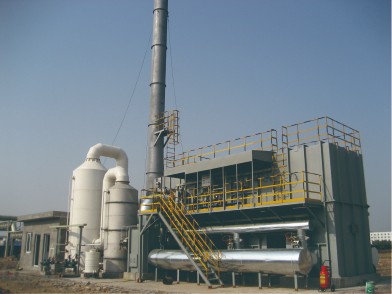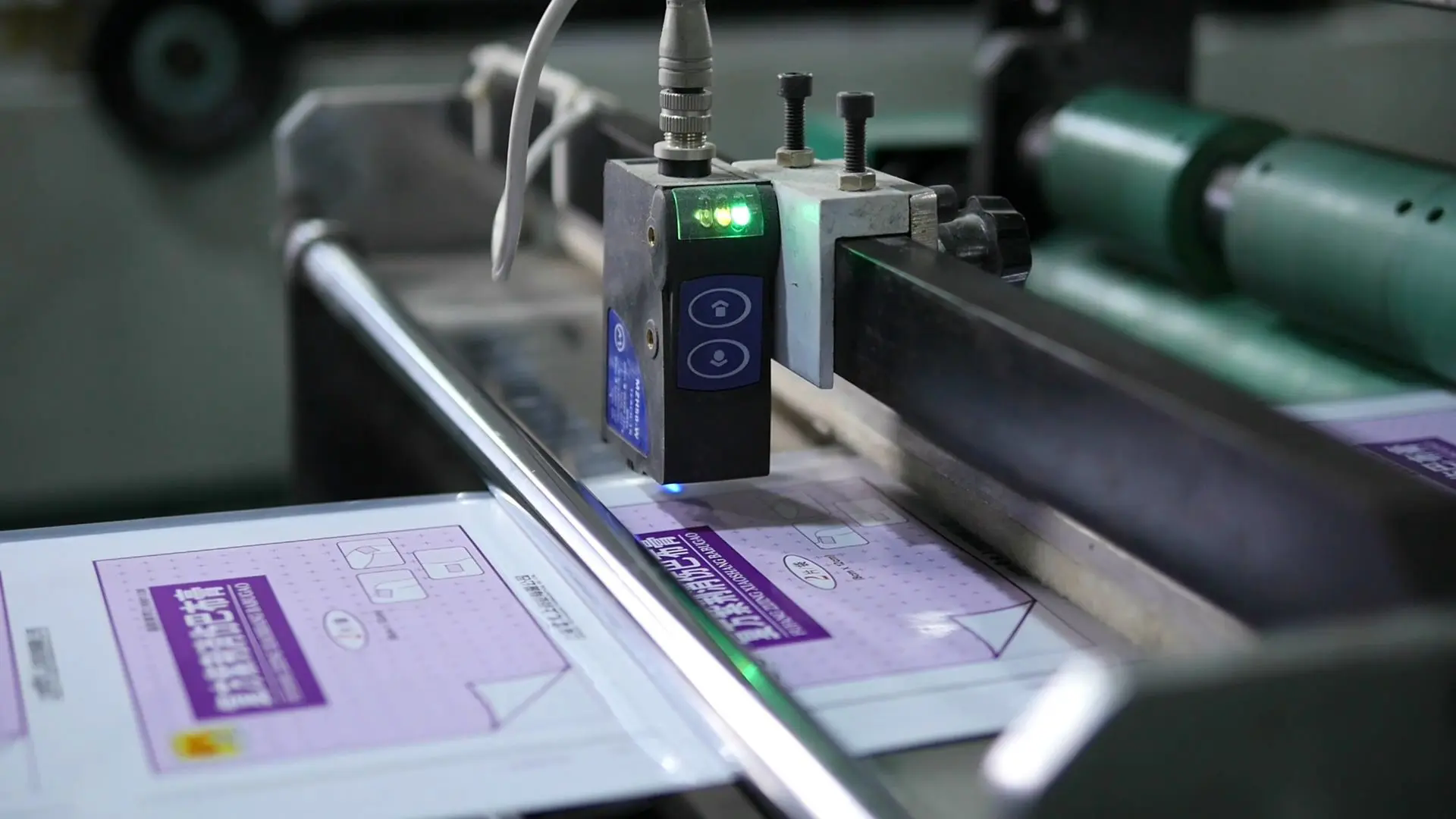In today’s industrial landscape, environmental protection is no longer optional—it's a regulatory necessity and a corporate responsibility. One of the most pressing issues is how to manage and treat volatile organic compounds (VOCs) and other harmful gases produced during manufacturing processes. Among the many available technologies, catalytic combustion systems have emerged as a highly efficient and eco-friendly solution.
But which industries can benefit most from catalytic combustion systems? Below, we explore the key sectors where this technology proves particularly valuable.

Chemical manufacturing and pharmaceutical production often involve the use of organic solvents and raw materials that release harmful VOCs during reaction, distillation, drying, and packaging stages. These emissions can pose significant health risks to workers and surrounding communities while also damaging the environment.
Catalytic combustion systems offer a powerful method for treating these gases by oxidizing VOCs into harmless byproducts such as carbon dioxide and water at relatively low temperatures. This not only ensures compliance with emission standards but also enhances workplace safety. For instance, in pharmaceutical plants, catalytic oxidation is widely used to treat solvent-rich exhaust from granulation or tablet coating processes.
Industries involved in surface treatment, painting, printing, and coating are major sources of VOCs. During activities such as spray painting or ink drying, large volumes of organic compounds are released into the atmosphere.
Installing a catalytic combustion unit allows these companies to effectively and rapidly break down VOCs, improving indoor air quality, minimizing odors, and achieving strict air pollution control limits. A prime example is a large-scale furniture manufacturing facility that adopted catalytic combustion to treat paint shop emissions, significantly reducing environmental impact while enhancing occupational health for their workers.

The electronics and semiconductor industries—especially during etching, cleaning, or CVD (Chemical Vapor Deposition) processes—release various organic vapors and reactive gases. These can include isopropyl alcohol (IPA), acetone, xylene, and others that are difficult to manage using traditional scrubbing systems.
Catalytic combustion offers a compact, energy-efficient solution for these facilities, enabling precise control over emission levels without introducing water or chemical waste. One notable semiconductor plant implemented this system and reported a significant reduction in VOC discharge, earning commendations from local environmental authorities.

Petroleum refining, gas processing, and oil storage facilities often release hydrocarbon-rich vapors that must be treated to avoid environmental fines and safety hazards. Catalytic combustion systems are ideal for handling intermittent and continuous emissions from storage tanks, compressors, or flaring units.
Unlike thermal oxidizers, catalytic units require lower operating temperatures, translating into lower fuel consumption and operating costs, which is especially advantageous for high-throughput petrochemical operations.
Why Catalytic Combustion Systems Are a Smart Investment
Catalytic combustion is a versatile and scalable technology that can be tailored to different flow rates, gas compositions, and industry needs. Its advantages include:
High destruction efficiency (typically over 95%) for a wide range of VOCs.
Low energy consumption due to the reduced ignition temperature.
Minimal maintenance, especially with clog-resistant catalyst beds.
No secondary pollution, such as wastewater or solid residue.
In summary, catalytic combustion systems are well-suited for any enterprise that deals with VOC emissions, including those in:
Chemical & pharmaceutical manufacturing
Painting, coating, and printing industries
Semiconductor and electronics fabrication
Petrochemical and refining operations
Plastic, rubber, and adhesive production
As environmental regulations tighten worldwide and the public demands greater corporate accountability, adopting efficient VOC treatment technologies is no longer optional—it’s essential.
Whether you're a factory manager or an environmental engineer, investing in a catalytic combustion system can help your company stay compliant, protect workers' health, and reduce your ecological footprint. If you are seeking a reliable and proven VOC abatement solution, catalytic combustion might be the best option for your operation.